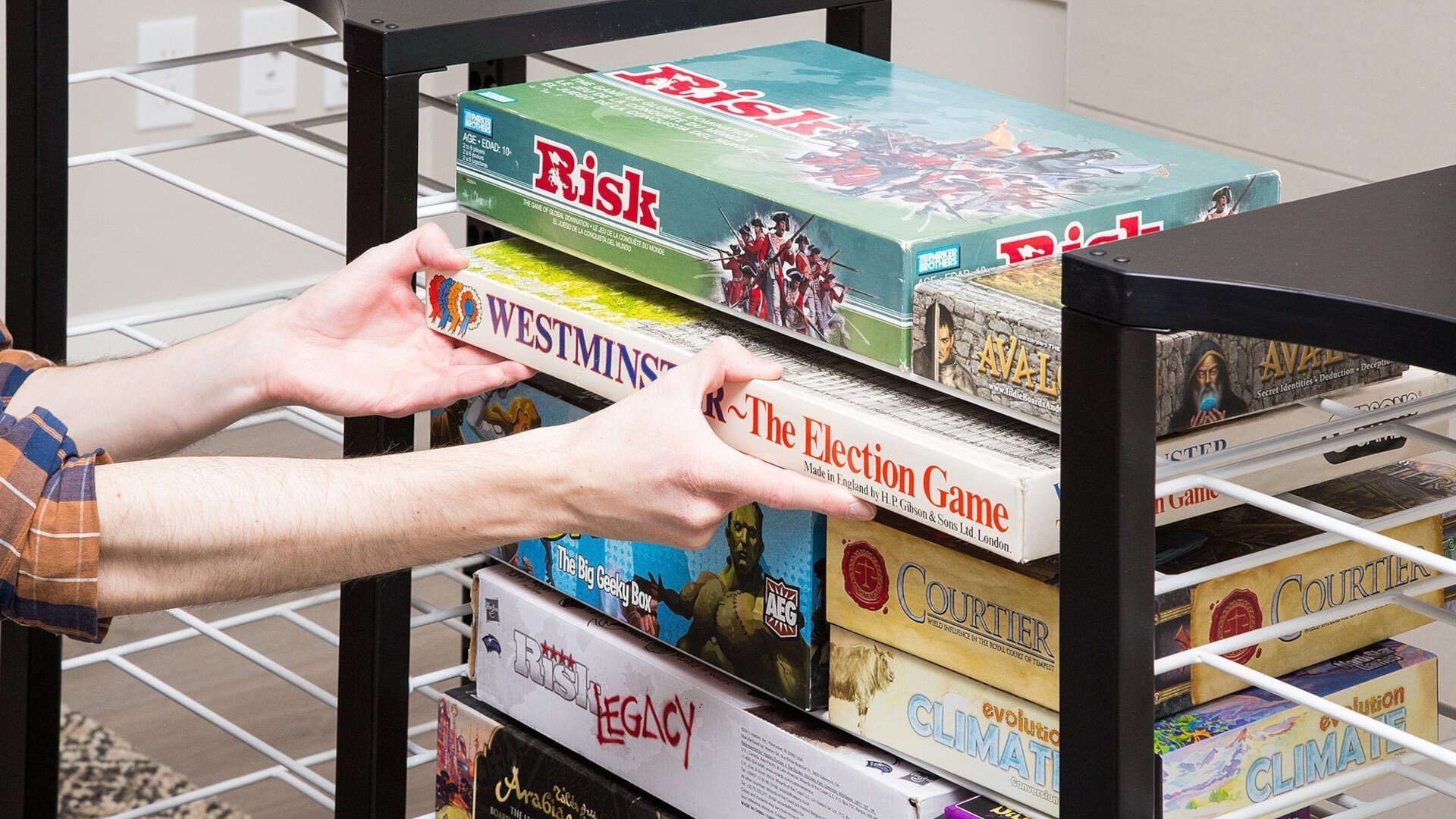

Articles
How To Store Board Games
Modified: January 18, 2024
Learn the best methods and tips for storing your board games in this comprehensive and informative articles. Find out how to keep your game collection organized and protected!
(Many of the links in this article redirect to a specific reviewed product. Your purchase of these products through affiliate links helps to generate commission for Storables.com, at no extra cost. Learn more)
Introduction
Board games have been a source of joy and entertainment for people of all ages for centuries. From classic games like Monopoly and Scrabble to modern favorites such as Catan and Ticket to Ride, board games provide hours of fun and challenge. However, to ensure that these beloved games can be enjoyed for years to come, proper storage is essential.
Properly storing board games not only helps to protect them from damage but also makes it easier to find and access your favorite games when you’re ready to play. Whether you have a small collection or a sprawling assortment of board games, implementing the right storage strategies can help preserve their condition and prolong their lifespan.
When it comes to storing board games, there are several considerations to keep in mind. This article will guide you through the process of choosing suitable storage solutions, organizing your collection, and maintaining your board games for optimal gameplay. So, let’s dive in and discover the importance of proper board game storage.
Key Takeaways:
- Proper storage and maintenance are crucial for preserving board games, protecting them from damage, and ensuring easy accessibility for future gameplay.
- Considerations such as storage space, game collection size, and environmental factors play a crucial role in determining the right storage solutions for board games.
Read also: 12 Best Board Game Storage For 2024
Importance of Proper Board Game Storage
Proper board game storage is crucial for maintaining the integrity and longevity of your games. Here are a few reasons why it is essential:
- Protection from damage: Board games are made up of various components, such as cards, dice, and game boards. These components can easily get lost, damaged, or bent if not stored properly. By providing a safe and secure storage environment, you can protect your games from scratches, tears, and other forms of damage.
- Prevention of warping: Many board games feature game boards and tiles made of cardboard or similar materials. These materials are susceptible to warping when exposed to moisture or drastic changes in temperature. Storing your games in a dry and stable environment can prevent warping and ensure that the components lay flat and fit together properly.
- Preservation of game boxes: The boxes that board games come in are often beautifully designed and can be a part of the game’s charm. Proper storage helps to preserve the condition of these boxes, preventing them from becoming torn, dented, or worn out over time.
- Easy accessibility: When board games are stored haphazardly, it can be difficult to find the game you want to play. By organizing your games in a systematic manner, you can easily locate and access them whenever you’re in the mood for some gaming fun.
- Prevention of lost pieces: We’ve all experienced the frustration of trying to play a board game only to find that some game pieces are missing. Proper storage reduces the likelihood of losing game components, such as dice, cards, and tokens, ensuring that your games are always complete and ready to play.
By understanding the importance of proper board game storage, you can take the necessary steps to protect your games and ensure that they remain in excellent condition.
Considerations Before Storing Board Games
Before you start storing your board games, there are a few important considerations to keep in mind. These factors will help you choose the right storage solutions and ensure the longevity of your games. Here are some key considerations:
- Storage space: Assess the available storage space in your home before deciding how to store your board games. Consider whether you have a dedicated shelf, cabinet, or closet where your games can be stored. This will help determine the size and type of storage solutions you should consider.
- Game collection size: Take stock of how many board games you have. If you have a small collection, you may only need a few storage solutions. However, if you have an extensive collection, you might need to invest in larger storage options or consider creative ways to maximize space.
- Game box sizes: Board games come in various sizes. Some have standard square boxes, while others may have unique shapes. Consider the different box sizes in your collection to ensure that your chosen storage solutions can accommodate them.
- Weight: It’s important to consider the weight of your board games, especially if you plan on stacking or stacking them vertically. Ensure that the storage solutions you choose can handle the weight to avoid any accidents or damage.
- Accessibility: Think about how often you play certain board games. Games that are frequently played should be easily accessible, while those that are seldom played can be stored in a less accessible location. This will help streamline the retrieval process and keep your most-played games within reach.
- Environmental factors: Consider the environmental conditions of the storage area. Avoid storing your games in damp or humid locations, as this can lead to damage, mold growth, and warping. Choose a dry and well-ventilated area to ensure the optimal preservation of your games.
By carefully considering these factors, you can make informed decisions about the storage options that will work best for your board game collection. This will help ensure that your games are stored in a way that preserves their condition and makes them easily accessible for future enjoyment.
Best Practices for Storing Board Games
Proper storage practices are essential to keep your board games in pristine condition. Here are some best practices to follow when storing your board game collection:
- Keep games upright: Store your board games in an upright position whenever possible. This helps prevent components from shifting or becoming loose inside the boxes. If a game has a fragile or delicate game board, consider laying it flat to prevent warping.
- Use game bags or ziplock bags: To keep game components organized and prevent them from getting mixed up, consider using game bags or ziplock bags. These can be used to store cards, tiles, tokens, and other smaller components. Label the bags for easy identification and quick setup during gameplay.
- Avoid stacking too high: While it may be tempting to stack your board game boxes to save space, avoid stacking them too high. Excessive stacking can lead to damage to the boxes and can cause the lower boxes to bear too much weight, potentially crushing the contents inside.
- Separate heavy and light games: When storing your board games, separate heavier games from lighter ones to prevent damage. Heavy games can put excessive pressure on the boxes below them, leading to box deformation or component damage.
- Protect game boxes: To preserve the integrity of the game boxes, consider using protective sleeves or wrappers. These can help prevent scratches, dents, or fading of artwork due to handling or exposure to light.
- Maintain proper temperature and humidity: Avoid storing your board games in areas prone to extreme temperature and humidity fluctuations. High humidity can cause moisture damage, while extreme temperatures can lead to warping or melting of game components.
- Keep away from direct sunlight: Sunlight can have a detrimental effect on the colors and materials of board games. Store your games in a location away from direct sunlight to prevent fading or discoloration of game boards and components.
- Regularly inspect for pests: Check your storage area regularly for signs of pests such as insects or rodents. Pests can cause damage to game boxes and components. Take necessary measures to protect your games from infestation.
By following these best practices, you can ensure that your board games remain in excellent condition, ready for countless hours of gameplay and enjoyment.
Store board games in a cool, dry place to prevent warping or damage to the components. Keep them out of direct sunlight to avoid fading and store them vertically to prevent crushing the boxes.
Choosing the Right Storage Solution
When it comes to storing your board games, choosing the right storage solutions is crucial for organization and protection. Here are some factors to consider when selecting the right storage solution:
- Shelving units: Consider investing in sturdy shelving units to store your board game collection. Adjustable shelves can accommodate games of different sizes, while wall-mounted shelves can save floor space. Ensure that the shelves are strong enough to handle the weight of your games.
- Storage boxes: Storage boxes can be a great option for organizing and protecting your board games, especially for off-season or rarely played games. Look for boxes with a secure lid, sufficient space, and durable construction. Transparent or labeled boxes can make it easier to identify games without having to open each box.
- Dedicated game cabinets: If you have a large board game collection, investing in a dedicated game cabinet can be a worthwhile option. These cabinets often come with shelves, compartments, and drawers designed specifically for storing board games. Choose one with proper ventilation to prevent moisture build-up.
- Board game bags: For portability and ease of transportation, consider investing in board game bags. These bags are specially designed to accommodate board games and can be convenient for taking your games to game nights, parties, or conventions. Look for bags with padded compartments and sturdy handles or straps.
- Drawer organizers: Drawer organizers can be useful for storing smaller board game components, such as cards and tokens. These organizers help keep everything neat and easily accessible, reducing the risk of losing or misplacing game pieces.
- Custom-made inserts: For those who love customization, consider investing in custom-made inserts for specific board game boxes. These inserts are designed to fit the components of a particular game perfectly, providing organization and protection. Custom inserts can help prevent components from shifting inside the box during storage or transportation.
- Wall-mounted racks: Wall-mounted racks are not only a functional storage solution but can also serve as a decorative display for your board game collection. These racks allow for easy access to your games while adding a visual appeal to your gaming space.
Consider the size of your collection, available space, and your specific storage needs when choosing the right storage solution. Don’t be afraid to mix and match different storage options to create an efficient and organized storage system for your board games.
Read more: How To Store Video Games
Organizing Your Board Game Collection
Proper organization of your board game collection not only makes it easier to find and access your favorite games but also helps prolong their lifespan. Here are some tips for organizing your board game collection:
- Categorize by game type: Consider categorizing your board games by type, such as strategy games, party games, or cooperative games. This makes it easier to find a game that suits the occasion or your mood.
- Sort alphabetically: Alphabetical sorting is a popular choice for organizing board games. Arrange your games in alphabetical order by title to quickly locate the desired game.
- Organize by player count: If you frequently play games with a specific number of players, consider organizing your collection based on player count. Have separate sections or shelves for two-player games, family games, or games suitable for larger groups.
- Separate by complexity: Another organizing method is sorting games by complexity. Separate your games into categories like light, medium, and heavy complexity. This can be helpful when choosing games based on the experience level of your players.
- Group by designer or publisher: If you have a preference for certain game designers or publishers, group your games together by designer or publisher. This method allows you to easily identify and access games from your favorite creators.
- Label your shelves or storage containers: Use labels or tags to identify shelves or storage containers for specific categories or genres of board games. This reduces the time spent searching for games and helps keep everything organized.
- Create a digital inventory: Consider creating a digital inventory of your board game collection. This can be done using spreadsheet software or dedicated board game management apps. Include details such as title, publisher, player count, and notes about gameplay. This inventory helps track your games and makes it easier to manage and update your collection.
- Consider display options: If you have board games with exquisite artwork or unique components, consider displaying them as part of your gaming space decor. Wall-mounted shelves, display stands, or custom-made display cases can showcase your collection while keeping them easily accessible.
Ultimately, the organization method you choose should reflect your personal preferences and gaming habits. Experiment with different approaches until you find a system that works best for you. Regularly reassess and adjust your organization as your collection expands or your gaming preferences change.
Maintenance and Cleaning Tips
Regular maintenance and cleaning of your board games are vital for preserving their quality and ensuring a smooth gameplay experience. Here are some maintenance and cleaning tips to keep your board games in great condition:
- Handle with clean hands: Before playing a board game, make sure your hands are clean, free from oils and dirt. This helps prevent transferring dirt, grease, or stains onto the game components.
- Store games in a clean environment: Keep your board games stored in a clean and dust-free area. Dust and dirt can accumulate on game components and affect gameplay. Regularly dust off game boxes and shelves to maintain cleanliness.
- Inspect games for damage: Periodically inspect your board games for any signs of damage, such as ripped cards, broken game pieces, or worn-out components. Repair or replace damaged parts as needed to ensure the game remains in good working condition.
- Use sleeves for cards: Consider using card sleeves to protect your game cards from wear and tear. Sleeves help prevent bending, scratching, and fading of the cards. Choose sleeves that fit the size of your cards properly.
- Keep liquids away from games: Accidental spills can cause significant damage to board games. Avoid placing drinks or liquids near your game table to prevent water damage or stains on game boards and components.
- Follow game-specific cleaning instructions: Different board games have different cleaning requirements. Follow the cleaning instructions provided in the game rulebook or on the game publisher’s website. Use appropriate cleaning methods and materials to avoid damaging the components.
- Use a soft cloth or brush for cleaning: When cleaning game boards or components, use a soft microfiber cloth or a soft brush. Gently wipe or brush away any dirt or debris. Avoid using abrasive materials or harsh cleaning agents that could scratch or damage the game components.
- Keep games away from direct sunlight: Sunlight can fade colors and damage game boards and components. Store your games in a location away from direct sunlight to preserve their vibrancy and prevent discoloration.
- Inspect storage containers or bags: Regularly check your storage containers or board game bags for any damage or signs of pests. Ensure that the containers are clean and free from pests to prevent any potential damage to your games.
By following these maintenance and cleaning tips, you can ensure that your board games stay in excellent condition and provide enjoyment for years to come.
Conclusion
Properly storing and maintaining your board game collection is essential for preserving the lifespan and ensuring the enjoyment of these timeless games. By following best practices for storage, organizing your collection, and taking care of your games, you can protect them from damage and ensure easy access for future gameplay.
Considerations such as storage space, game collection size, and environmental factors play a crucial role in determining the right storage solutions for your board games. Whether you opt for shelving units, storage boxes, or custom-made inserts, choose options that provide protection, accessibility, and organization.
Organizing your board game collection based on categories, alphabetical order, or complexity can help streamline the process of finding the perfect game for any occasion. Additionally, creating a digital inventory can assist in managing and tracking your collection, ensuring you always know which games you own.
Maintenance and cleaning are equally important in preserving the quality of your board games. By handling games with clean hands, storing them in a clean environment, and keeping liquids away from them, you can avoid unnecessary damage. Regularly inspecting for damage, using card sleeves, and following game-specific cleaning instructions help to prolong the lifespan of your games.
In conclusion, by implementing the best practices for storing, organizing, maintaining, and cleaning your board games, you can protect your investment, prolong the lifespan of your games, and enhance your gaming experience for years to come. So, take the time to implement these strategies and enjoy countless hours of fun and entertainment with your board game collection.
Frequently Asked Questions about How To Store Board Games
Was this page helpful?
At Storables.com, we guarantee accurate and reliable information. Our content, validated by Expert Board Contributors, is crafted following stringent Editorial Policies. We're committed to providing you with well-researched, expert-backed insights for all your informational needs.
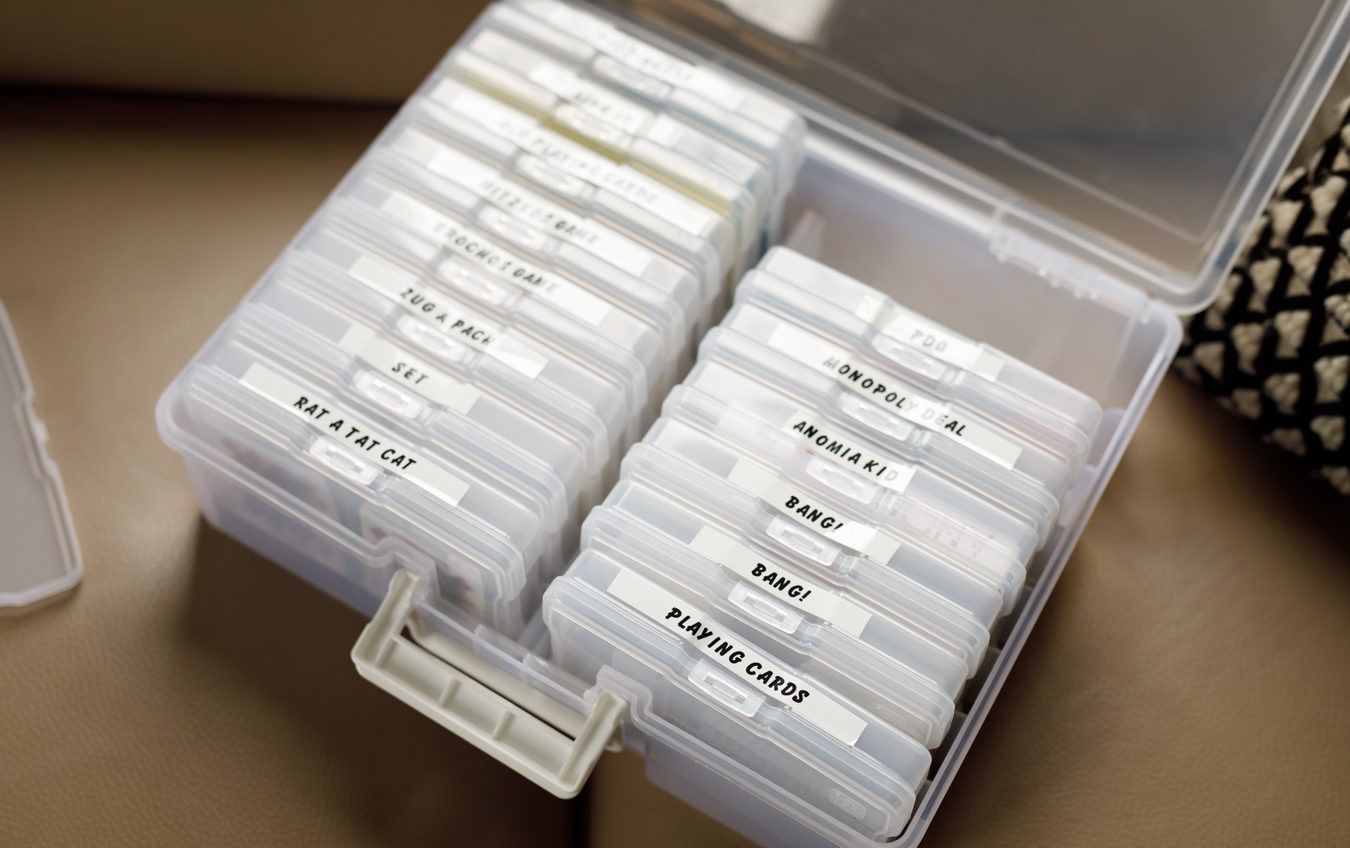
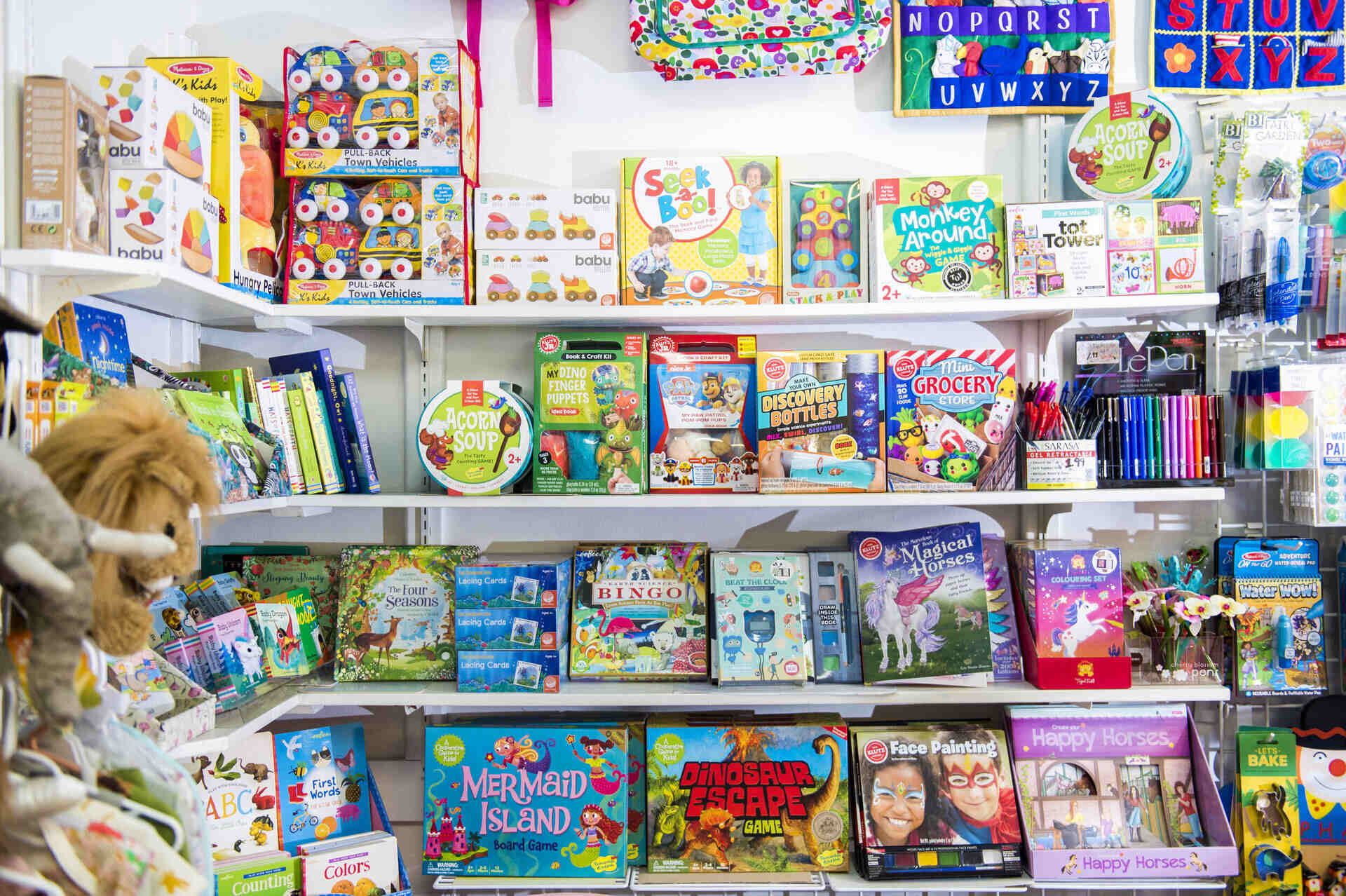
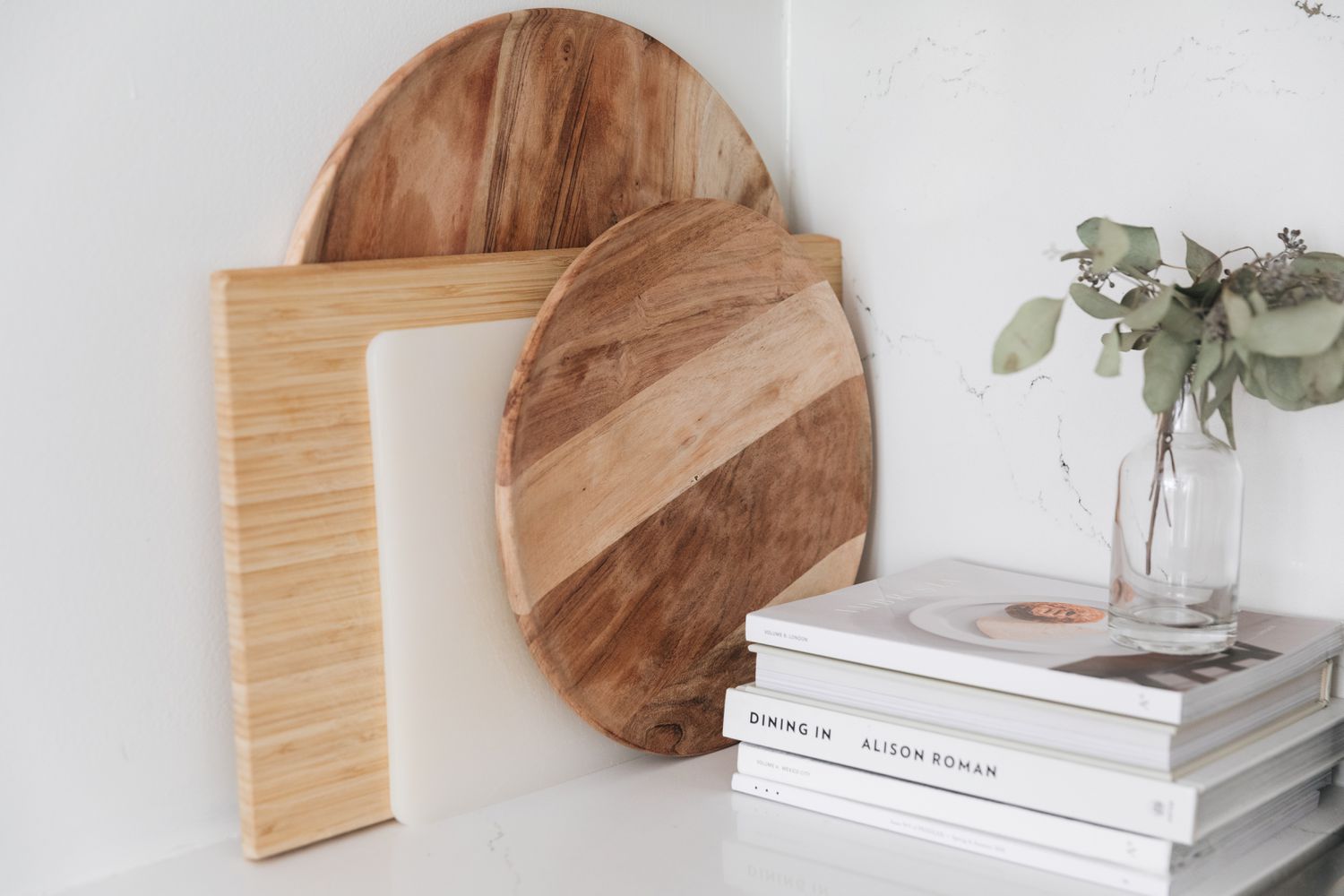
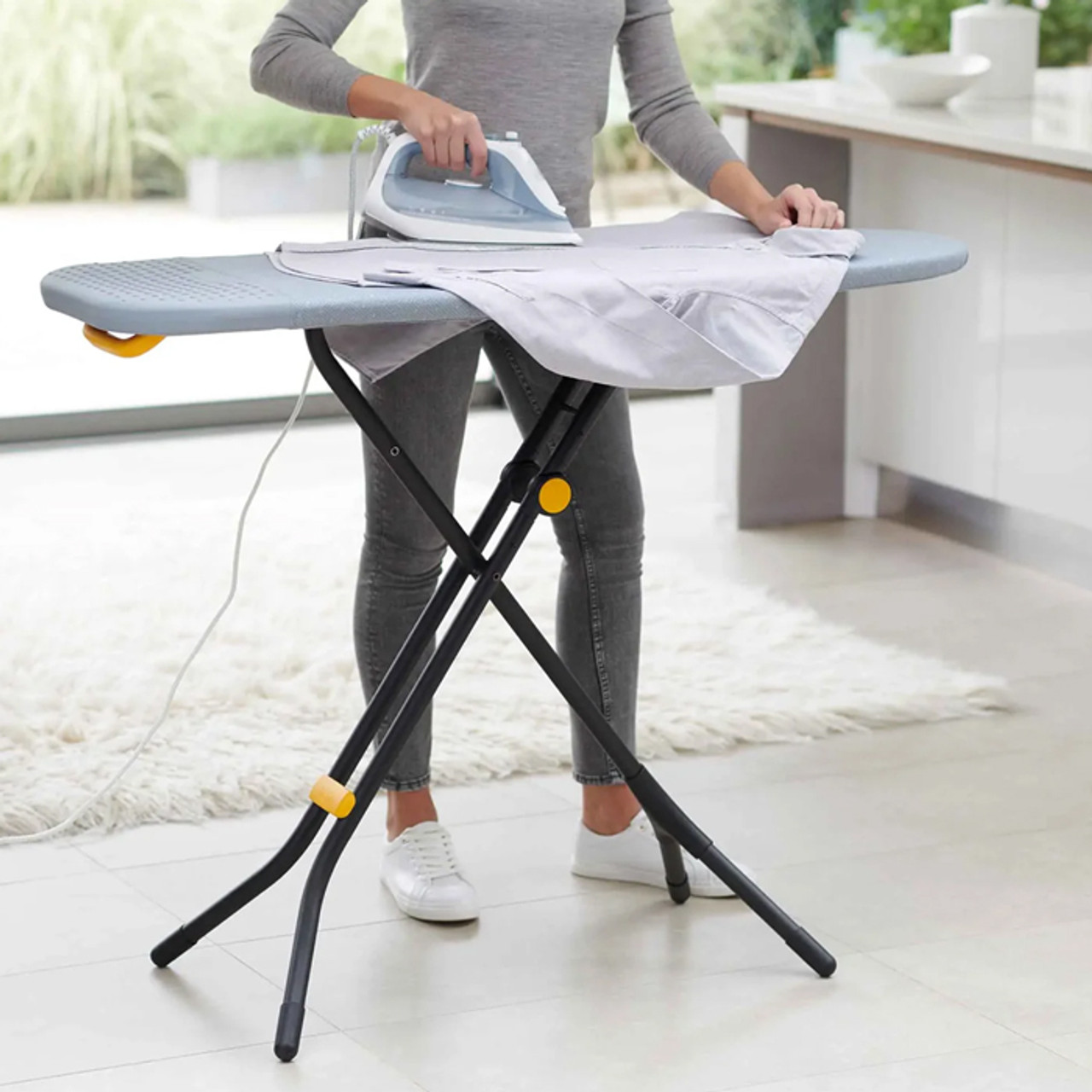

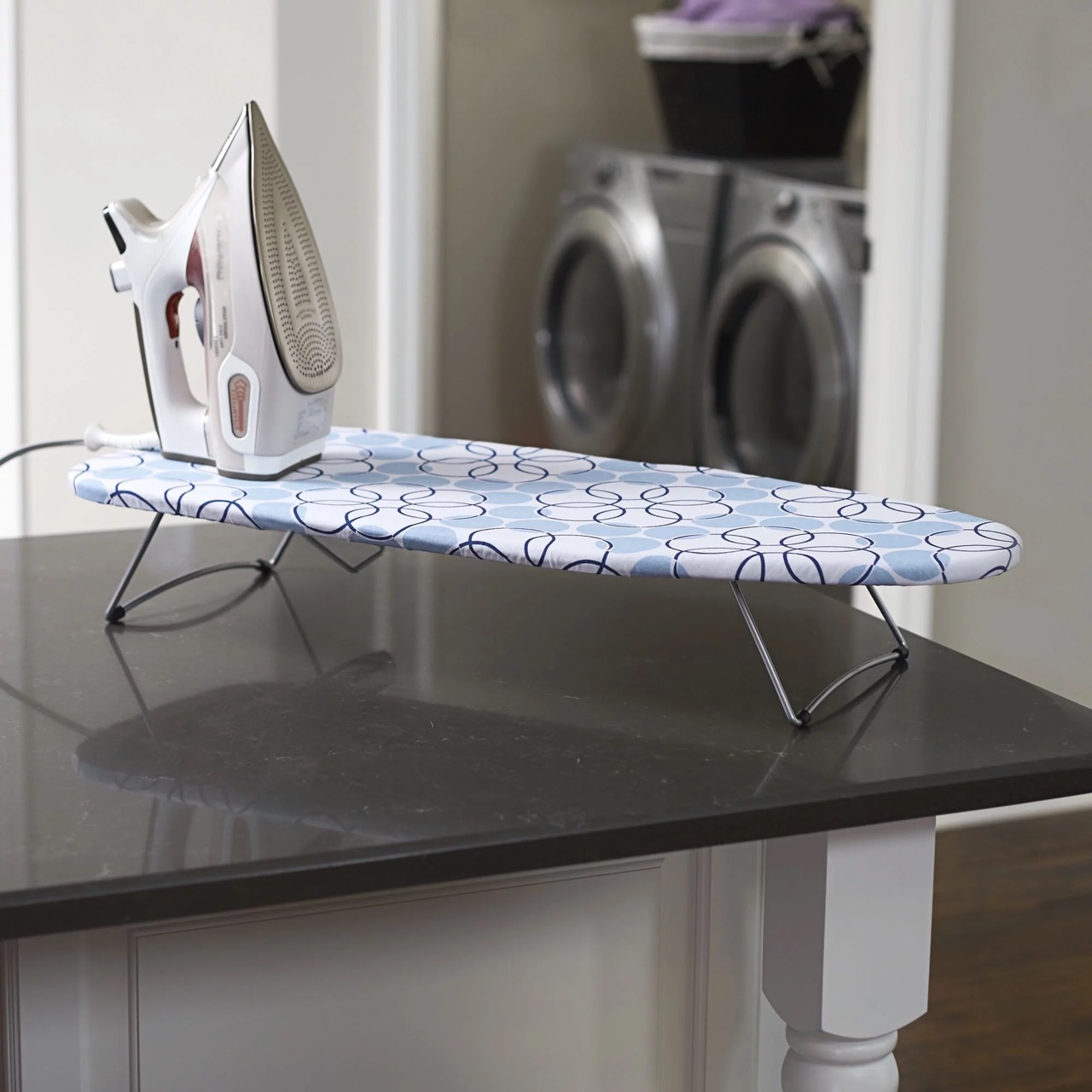
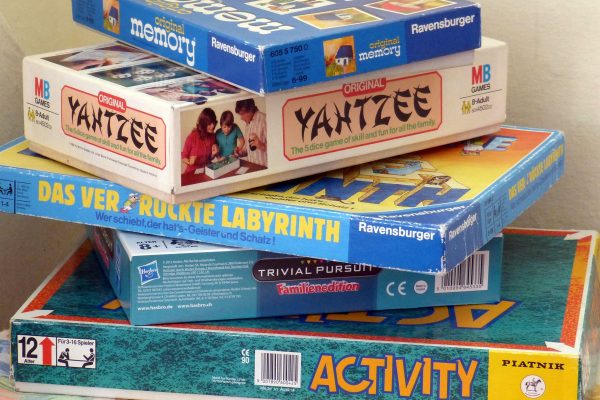

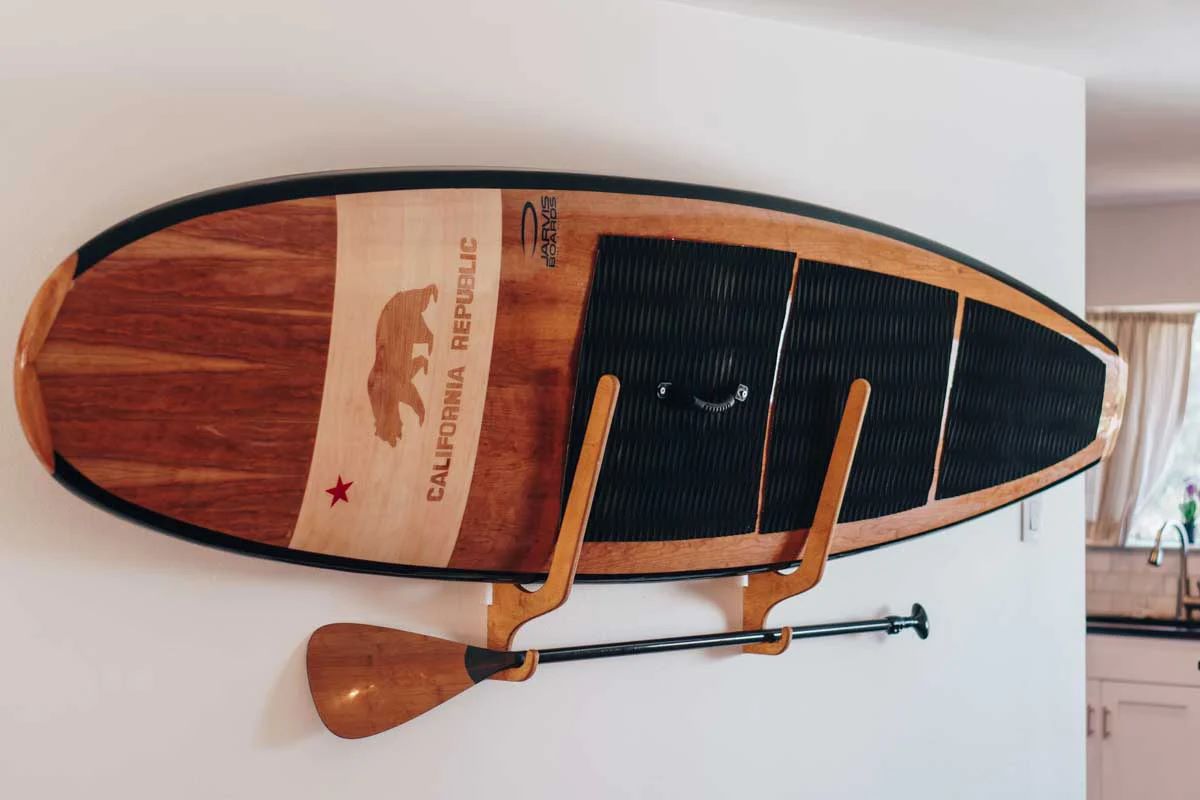


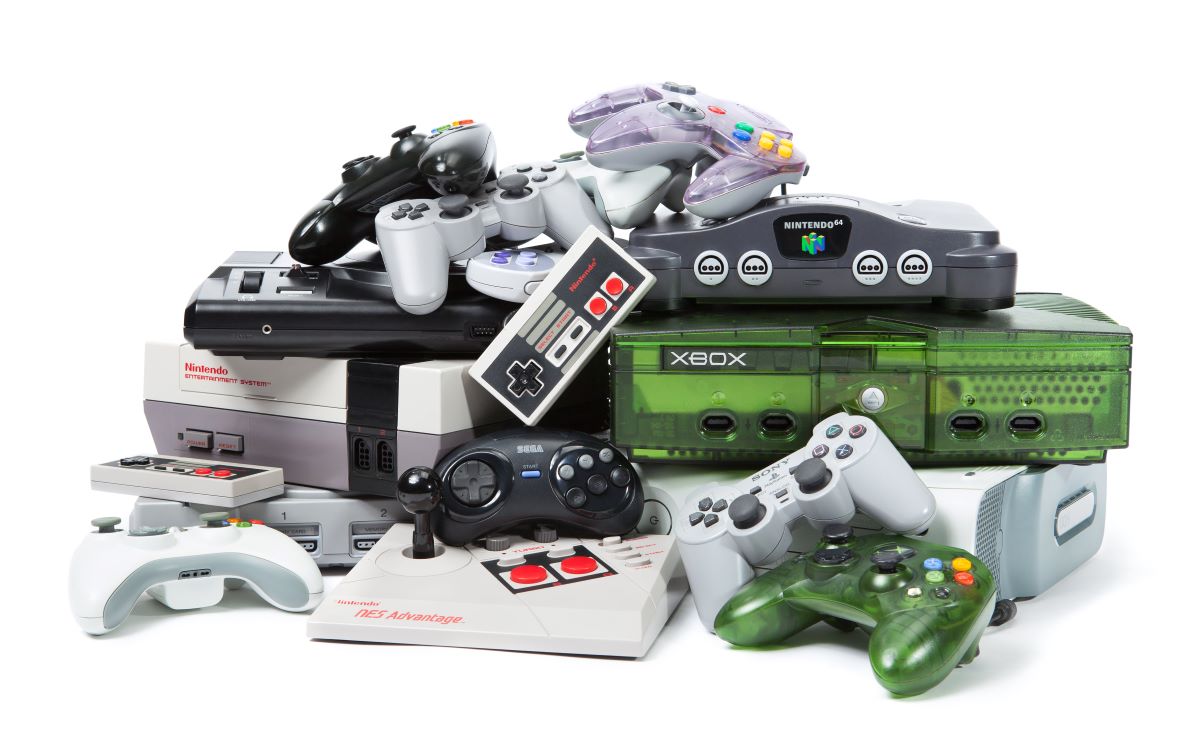
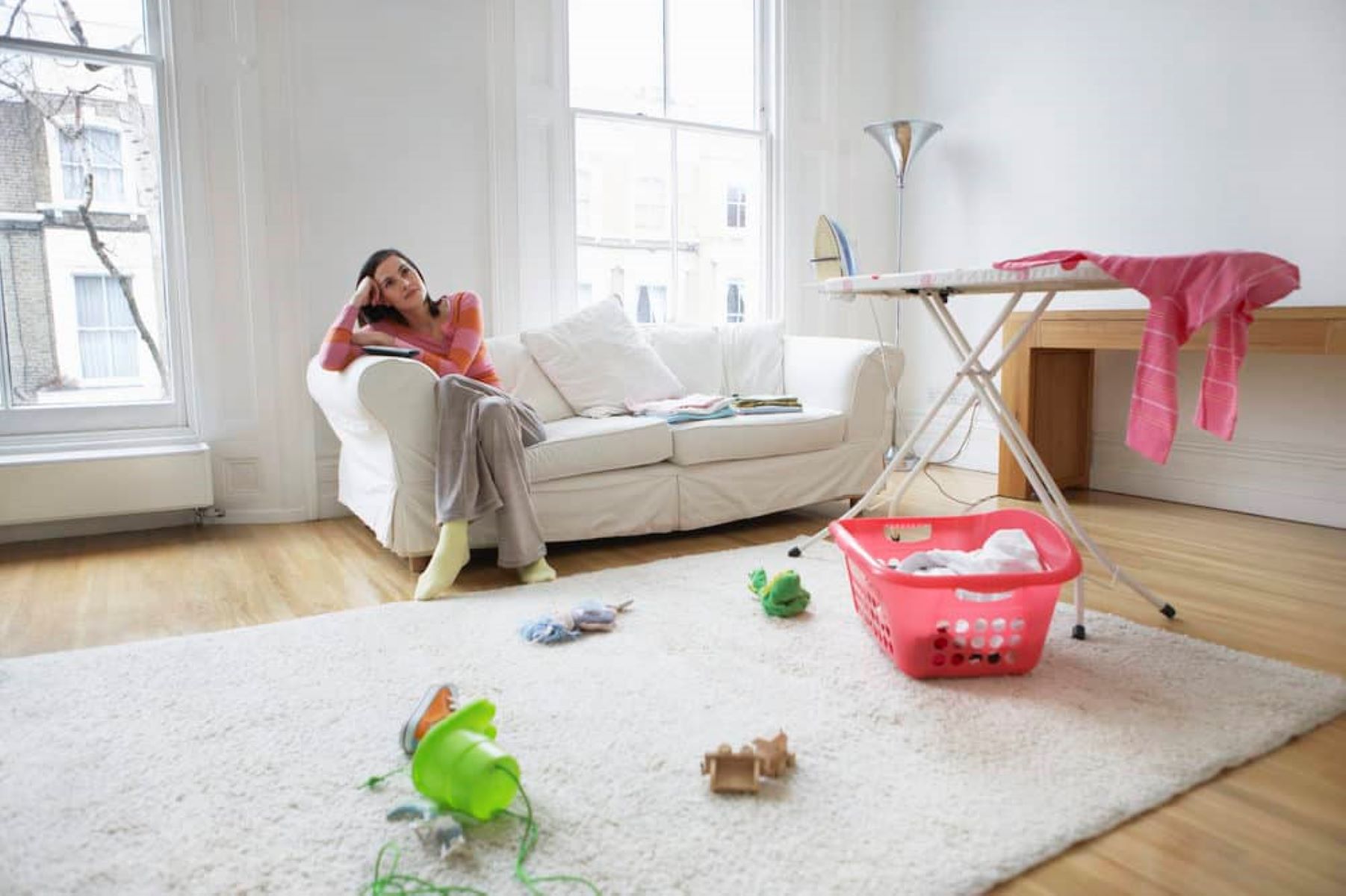


0 thoughts on “How To Store Board Games”